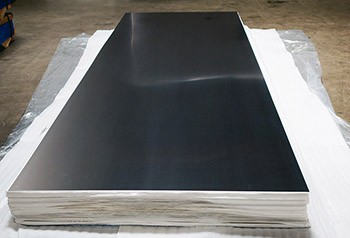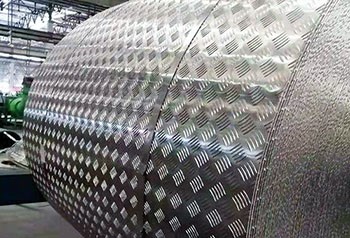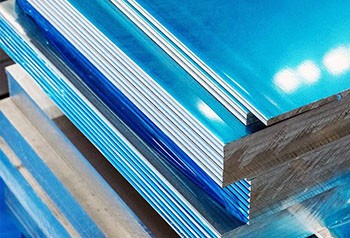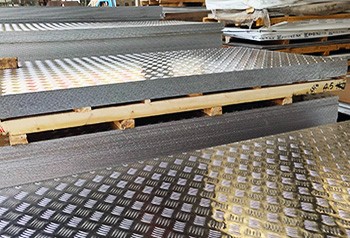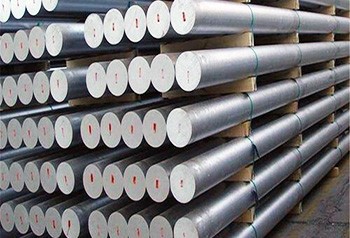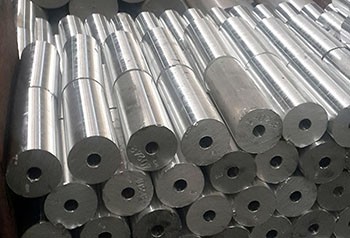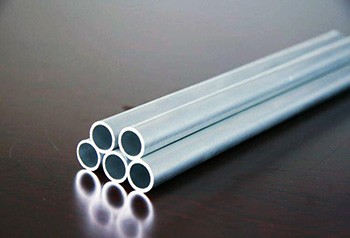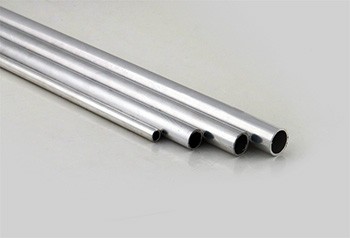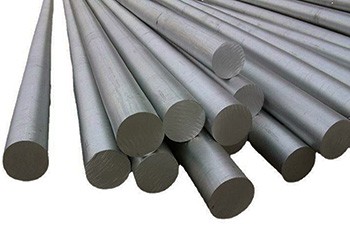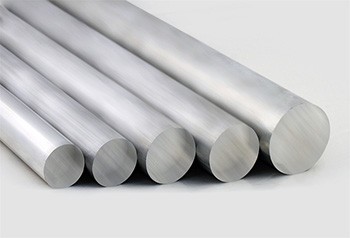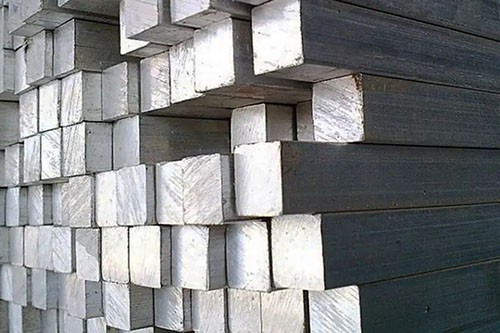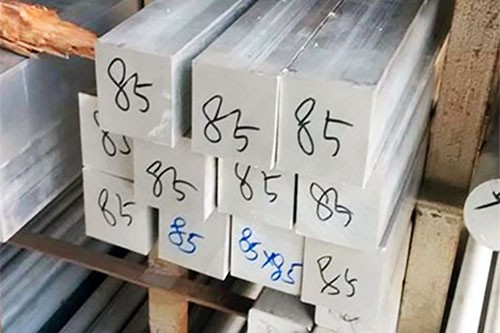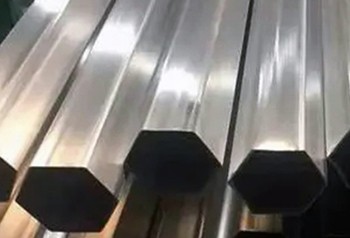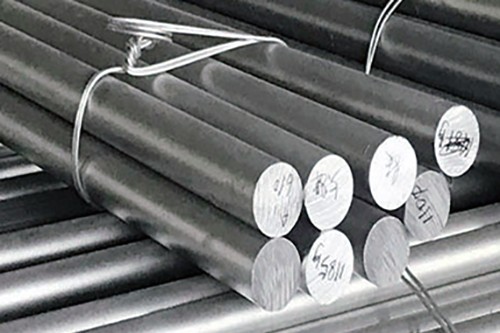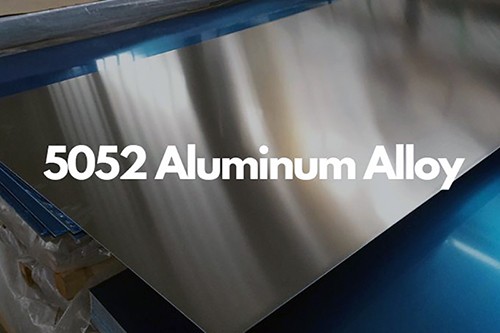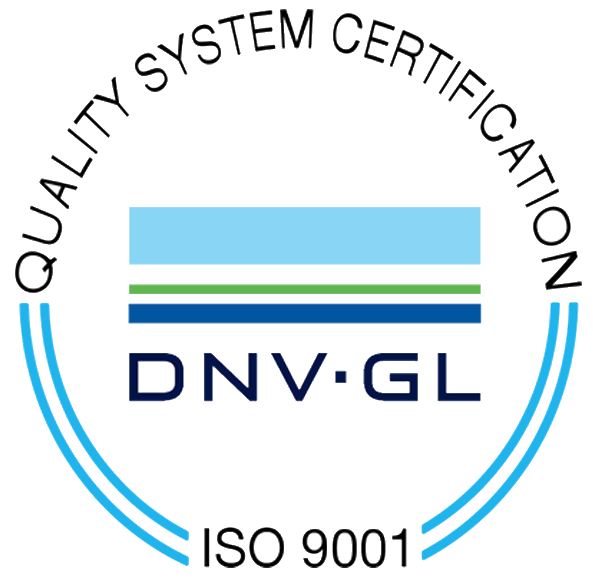What alloys are commonly used for marine aluminum plates? What are the specifications?
Last Updated :
Commonly used marine aluminum alloys include 5083 marine plates, 5052 marine plates, and 6061 aluminum. For 5083 and 5052 marine plates, the most common tempers are H111, H112, and H321. Common thicknesses are 1, 2, 3, 4, and 5 millimeters. For 6061 aluminum, the most common temper is T6.
Different aluminum alloys and specifications meet the various demands for strength, corrosion resistance, and machinability in shipbuilding. Choosing the right aluminum alloy and specification ensures the performance and durability of ships in various environments.
Commonly used marine aluminum alloys include 5083 marine plates, 5052 marine plates, and 6061 aluminum. For 5083 and 5052 marine plates, the most common tempers are H111, H112, and H321. Common thicknesses are 1, 2, 3, 4, and 5 millimeters. For 6061 aluminum, the most common temper is T6.
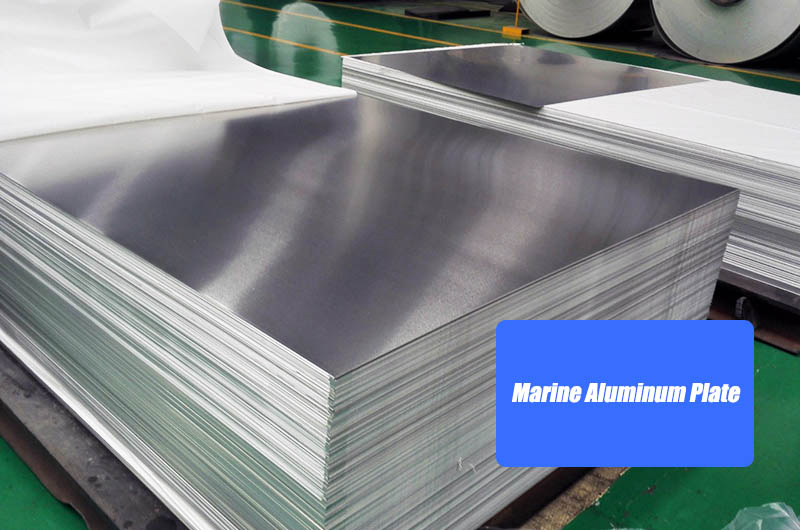
Commonly Used Marine Aluminum Plates
5083 Marine Aluminum Plate
Characteristics:
The 5083 marine aluminum plate is renowned for its excellent corrosion resistance, particularly in seawater environments. It has very high strength while maintaining good weldability. Its chemical composition and grain structure allow it to effectively resist corrosion and erosion in harsh marine environments.
Applications:
This aluminum plate is widely used in critical areas such as hulls, decks, and operating platforms, especially in areas exposed directly to seawater. For instance, 5083 aluminum plates are suitable for hull shells and critical structural components to ensure long-term durability and stability.
5052 Marine Aluminum Plate
Characteristics:
The 5052 marine aluminum plate offers good corrosion resistance, particularly in saltwater and acidic/alkaline environments, effectively resisting corrosion. It has high strength and excellent machinability, making it easy to manufacture and shape. Its durability and workability make it very popular for various applications.
Applications:
5052 aluminum plates are commonly used in external structures and internal facilities of ships, such as hulls and bottoms, and in areas requiring high strength and corrosion resistance. Its corrosion resistance also makes it suitable for various internal structures and equipment on ships.
6061 Marine Aluminum
Characteristics:
6061 marine aluminum performs well in terms of strength, corrosion resistance, and weldability, though it is slightly less resistant to seawater compared to 5083 aluminum plates. Due to its good strength and stability, 6061 aluminum alloy typically offers excellent mechanical properties after heat treatment.
Applications:
6061 aluminum is more suitable for non-structural components or interior fittings on ships, such as internal devices and non-critical structural parts. Its balance of strength and machinability makes it excellent for applications requiring strength and ease of processing.
Common Specifications for Marine Aluminum Plates
Thickness of Marine Aluminum Plates:
Common thicknesses range from 3mm to 100mm, selected according to specific application requirements.
Width and Length of Marine Aluminum Plates:
- Width: Typically between 1000mm and 3000mm, either standard or customized.
- Length: Common lengths include 2000mm, 2400mm, 3000mm, 6000mm, etc., with options for longer dimensions based on needs.
Temper of Marine Aluminum Plates:
- H116: Offers good corrosion resistance, suitable for marine environments.
- H321: Provides high corrosion resistance and strength, suitable for seawater contact areas.
- O: Soft temper, suitable for components requiring further processing.
- T6: Heat-treated hardened temper, offers high strength but lower corrosion resistance.
Advantages of Marine Aluminum Plates
1. Lightweight and High Strength:
The low density (about half that of steel) of marine aluminum plates, combined with high strength and rigidity, allows aluminum-built ships to be about 20% lighter than those made with steel or other alloys. This weight reduction not only decreases the total weight of the ship but also significantly lowers energy consumption. Reduced weight improves fuel efficiency, reduces operating costs, and enhances the ship’s maneuverability and stability during navigation.
2. Excellent Corrosion Resistance and Cost-effectiveness:
Marine aluminum alloys have exceptional corrosion resistance and high toughness, performing excellently under extreme marine climate conditions. Aluminum alloys effectively resist corrosion from the atmosphere, vapors, and seawater, ensuring durability during long-term use. Their corrosion-resistant properties reduce maintenance and repair frequency, thereby improving the economic efficiency of the ship. Additionally, the good weldability of aluminum plates provides greater manufacturing flexibility, making complex hull designs and production more feasible.
Commonly Used Marine Aluminum Alloy Chemical Composition
Chemical composition of 5083 marine grade aluminum plate
| Element | Composition % |
| Al | REM |
| Si | ≤0.4 |
| Cu | ≤0.10 |
| Mg | 4.0-4.9 |
| Zn | ≤0.25 |
| Mn | 0.40-1.0 |
| Ti | ≤0.15 |
| Cr | 0.05-0.25 |
| Fe | ≤0.40 |
| Note: Single≤0.05; Total≤0.15 | |
Chemical composition of 5052 marine grade aluminum plate
| Element | Chemical composition (%) |
| Al | Rem |
| Si | ≤0.25 |
| Fe | ≤0.50 |
| Cu | ≤0.10 |
| Mn | ≤0.10 |
| Mg | 2.2-2.8 |
| Cr | 0.15-0.35 |
| Zn | ≤0.10 |
| Note:Each:≤0.05;Total:≤0.15 | |
Chemical composition of 6061 marine grade aluminum
| Alloy | Si | Fe | Cu | Mn | Mg | Cr | Zn | Ti | Zr | Unit |
| 6061 | 0.40-0.80 | ≦0.7 | 0.15-0.40 | ≦0.15 | 0.80-1.20 | 0.04-0.35 | ≦0.25 | ≦0.15 | - | Wt% |
Commonly used for marine aluminum alloy mechanical properties
5083 marine aluminum alloy mechanical properties
| Tensile strength (σb) | 110-136MPa |
| Yield strengthσ0.2 (MPa) | ≥110 |
| Elongationδ10 (%) | ≥20 |
| Elastic modulus (E) | 69.3~70.7Gpa |
| Annealing temperature | 415℃ |
5052 marine aluminum alloy mechanical properties
| 5052-O | 5052-H111 | 5052-H112 | 5052-H24 | 5052-H32 | 5052-H34 | |
| Tensile Strength | 79-190 MPa | 75-190 MPa | 89-200 MPa | 190-250 MPa | 180-230 MPa | 200-260 MPa |
| Shear Strength | 130 MPa | 120 MPa | 120 MPa | 150 MPa | 140 MPa | 150 MPa |
| Fatigue Strength | 26 MPa | 66 MPa | 73 MPa | 110 MPa | 120 MPa | 130 MPa |
| Elastic Modulus | 68 GPa | 68 GPa | 68 GPa | 68 GPa | 68 GPa | 68 GPa |
| Brinell Hardness | 47 | 46 | 55 | 67 | 60 | 68 |
| Elongation at Break | 22% | 19% | 10% | 8% | 12% | 10% |
6061 marine aluminum alloy mechanical properties
| Alloy | Temper | Tensile strength(Mpa) | Yield strength(Mpa) | Elongation(%) |
| 6061 | T6 | ≥260 | ≥240 | ≥9 |
| T651 | ≥290 | ≥240 | ≥9 |
Marine aluminum products you may be interested in
Tags: Marine Grade Aluminum 5083 Marine Grade Aluminum 5052 Marine Aluminum 6061 5 Series Marine Aluminum 6 Series Marine Aluminum

